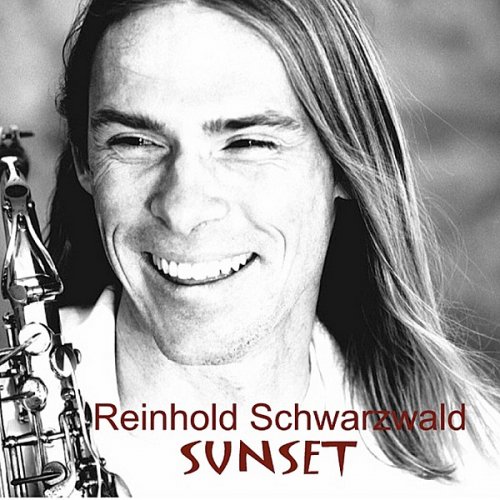Haitham Haidar - Zaytoun (2025) [Hi-Res]
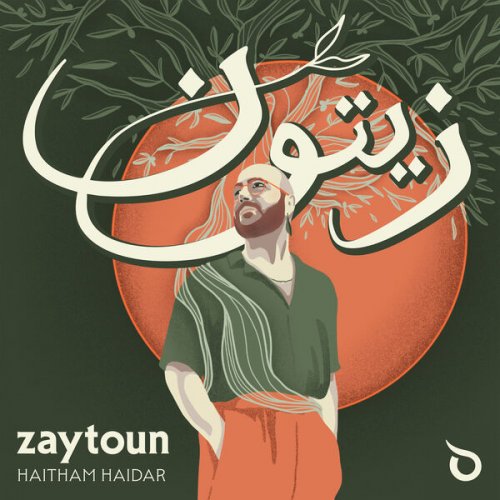
Artist: Haitham Haidar, Abdul-Wahab Kayyali, Abraham Ross, Amanda Keesmaat, Sylvain Bergeron, Tanya LaPerrière
Title: Zaytoun
Year Of Release: 2025
Label: Athene
Genre: Classical
Quality: flac lossless (tracks) / flac 24bits - 96.0kHz +Booklet
Total Time: 00:51:46
Total Size: 299 / 956 mb
WebSite: Album Preview
TracklistTitle: Zaytoun
Year Of Release: 2025
Label: Athene
Genre: Classical
Quality: flac lossless (tracks) / flac 24bits - 96.0kHz +Booklet
Total Time: 00:51:46
Total Size: 299 / 956 mb
WebSite: Album Preview
01. Prelude: On Love (The Prophet) [Arr. for Voice & Oud by Haitham Haidar)
02. Vespro della Beata Vergine, SV 206: No. 3, Nigra Sum (Arr. for Voice & Archlute by Haitham Haidar)
03. El Helwa Di (Arr. for Voice, Oud, Cello & Harpsichord by Haitham Haidar)
04. Zourouni (Arr. for Voice & Oud by Haitham Haidar)
05. Lamento della Ninfa, SV 163: No. 2, Amor (Arr. for Voice, Archlute, Cello & Harpsichord by Haitham Haidar)
06. Oedipus, Z. 583 Act III: No. 2, Music for a While (Arr. for Voice, Archlute, Cello, Oud & Harpsichord by Haitham Haidar)
07. Wa Habibi (Arr. for Voice, Archlute, & Oud by Haitham Haidar)
08. Intermezzo: On Joy and Sorrow (The Prophet)
09. Matthäus-passion, BWV 244: No. 39, Erbarme dich, mein Gott (Sung in Arabic) [Arr. for Voice, Baroque Violin, Archlute, Oud, Cello & Harpsichord by Haitham Haidar]
10. Grief, Keep Within (Arr. for Voice, Archlute & Cello by Haitham Haidar)
11. Li Beirut (Arr. for Voice & Oud by Haitham Haidar)
12. Le doux silence de nos bois (Arr. for Voice & Archlute by Haitham Haidar)
13. Ya Taleen (Arr. for 5 Voices & Cello by Shireen Abu-Khader & Nareg Abajian)
14. Postlude: On Death (The Prophet) [Arr. for Voice & Oud by Haitham Haidar)
Tenor Haitham Haidar’s debut solo album Zaytoun (meaning ‘Olive’ in Arabic) is a captivating collection of beautiful Baroque and Arabic songs, interlaced with poetry and musical improvisations, an exploration of the intersection between Baroque and Arabic music. Whether it be through instrumentation, ornamentation, or vocal production, Zaytoun highlights the natural connections between what we generally view as separate worlds.
Haidar pairs Baroque arias and songs by Monteverdi, Purcell and Bach, with the traditional Arabic songs which were his first introduction to music. He has added arabic instrumentation to some of these Baroque standards, and even translated a Bach aria into Arabic, incorporating Arabic style into the Baroque structure. Alongside the music, are three poetry tracks (from Gibran Khalil Gibran’s The Prophet) read over beautifully performed oud improvisation by Abdul-Wahab Kayyali.
These tracks (prelude, intermezzo, and postlude) help present the music to follow and shape Haidar’s narrative of his own immigrant story in the unique intertwining of Arabic and Baroque music.
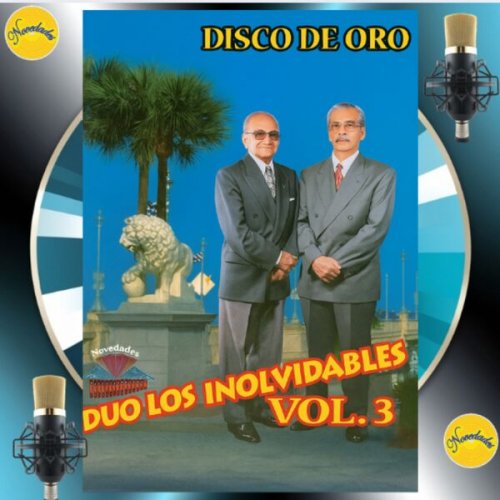
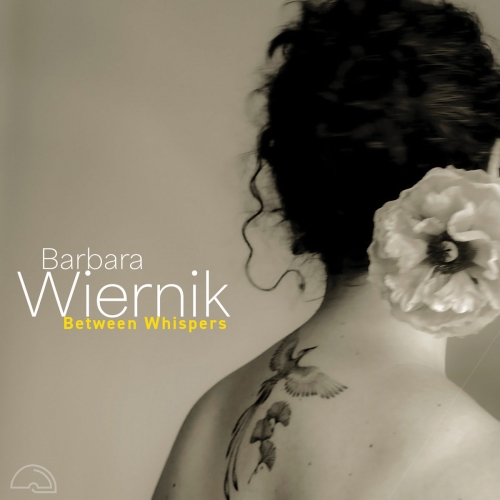
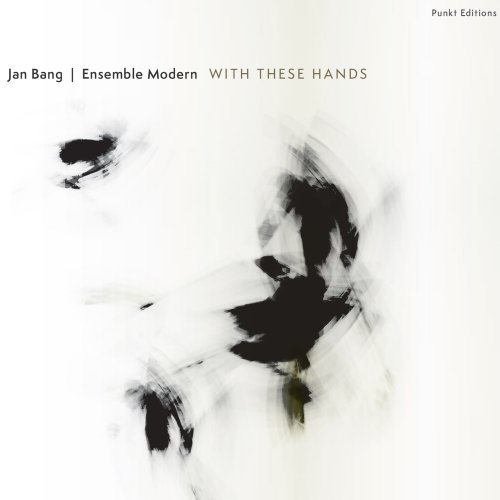

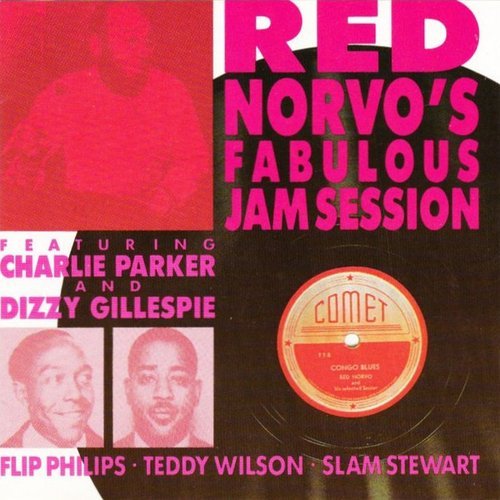
![Owelu Dreamhouse - Owelu Dreamhouse (2026) [Hi-Res] Owelu Dreamhouse - Owelu Dreamhouse (2026) [Hi-Res]](https://img.israbox.com/img/2026-02/05/dyetvafic12nz1s9v6zs98erj.jpg)
